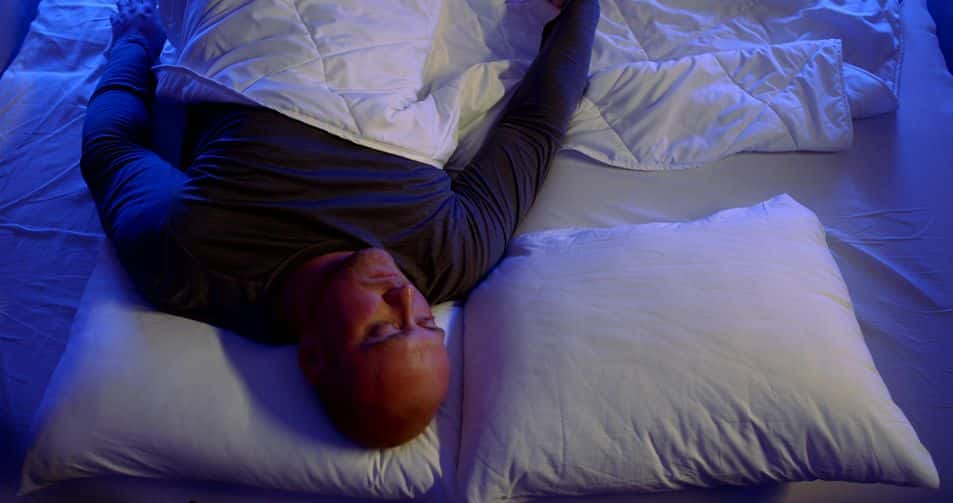By Sean Zucker –
When hitting middle age, whether from increased work demand, stress of supporting children or general aches associated with getting on in life, the last decent night’s sleep can often be hard to remember. Unfortunately, breaking research suggests that continuing this trend is a harbinger for deeper problems.
A large study recently published in the journal Nature Communications discovered that middle age people who sleep less than six hours a night face an increased risk of dementia. Its conclusions were based on an examination of nearly 8,000 people in Britain over a span of roughly 25 years, beginning when each subject was 50 years old.
The research discovered that people who consistently reported sleeping six hours or less each night on average were about 30 percent more to be diagnosed with dementia nearly three decades later than people who averaged more than seven hours of sleep nightly.
“While incipient dementia is known to affect sleep–wake cycles, the extent to which sleep duration over the adult life course is associated with late-onset dementia is unclear because most studies have not explicitly considered age at assessment of sleep duration or the length of follow-up,” the study concluded. In recognizing the emerging debate over sleep parameters, it added, “Our approach pays attention to both these aspects along with inclusion of a wide array of covariates to show that short sleep duration in midlife is associated with an increased risk of dementia.”
Unfortunately, turning off the morning alarm is probably not a solution to this problem. Apparently, the fear is oversleeping is loaded with net negatives for your body and mind. MedicalNewsToday warns sleeping too much too often may influence dysfunction in the body’s natural circadian rhythms, therefor increasing the risk of insomnia, depression and weight gain.
The individual relationships between oversleeping and depression, insomnia and weight gain also seem to be bidirectional, wherein the abundance of sleep causes each condition while the ailments themselves can lead to more oversleeping. More so, the site noted headaches, difficulty concentrating, increased inflammation, memory issues, puffy or strained eyes and face and anxiety as side effects of regularly sleeping in.
So, what’s right amount of sleep? Of course, there are always unique factors to consider depending on the person, but the average adult should be snoozing somewhere between 7 and 9 hours per night, according to the National Sleep Foundation.
Perfect, now that’s settled – let’s take a nap.











